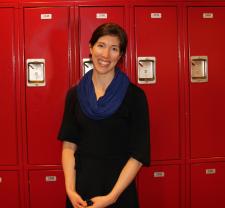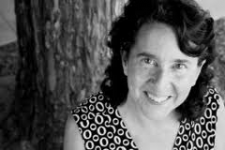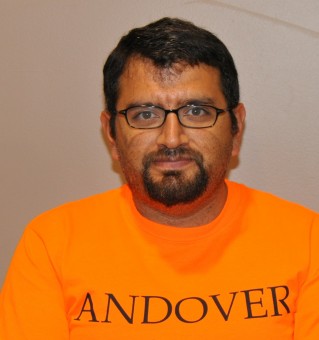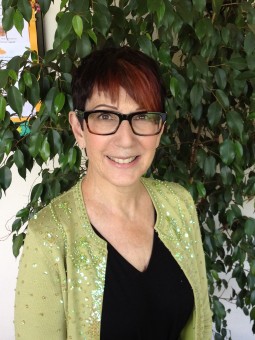Carolynn Laurenza, Uncommon Charter School
Posted on Tue, 03/04/2014 - 11:13
Carolynn Laurenza grew up in a farm town in the middle of western Massachusetts' Pioneer Valley, also known as the "Five Colleges" corridor because it's home to Amherst, Mount Holyoke, Hampshire and Smith Colleges, and the University of Massachusetts at Amherst. This might have presaged her choice of profession in life.
Today, Laurenza is the College Placement Coordinator for Uncommon Charter High School in Brooklyn, New York. A graduate of Swarthmore College, she earned a Masters in Education from University of Massachusetts, Amherst. Laurenza spent three years as a guidance counselor at a regional public high school in the "Five Colleges" area before joining Uncommon Charter in the summer of 2011.
"It's a different reality," says Laurenza, who was named a "Counselor that Changes Lives" earlier this year. "As a public high school guidance counselor, you're juggling many types of social/emotional issues, the administrative needs of the school, trying to help kids in all grades and doing college counseling. At Uncommon, I get to focus on college counseling."











 Walter Pineda is paying it forward. The Associate Director of College Counseling at
Walter Pineda is paying it forward. The Associate Director of College Counseling at  Ralph Figueroa is Director of College Guidance at
Ralph Figueroa is Director of College Guidance at  Elsa Heydenreich Clark is the Director of College Counseling at
Elsa Heydenreich Clark is the Director of College Counseling at 